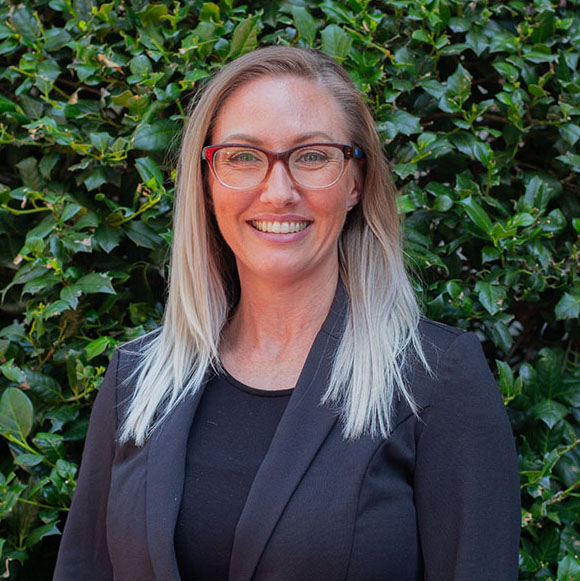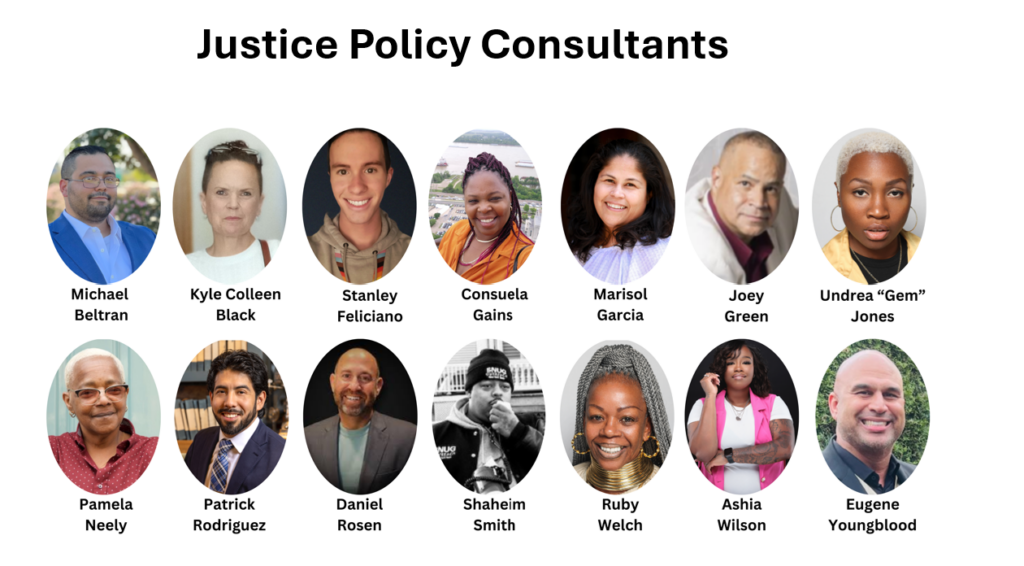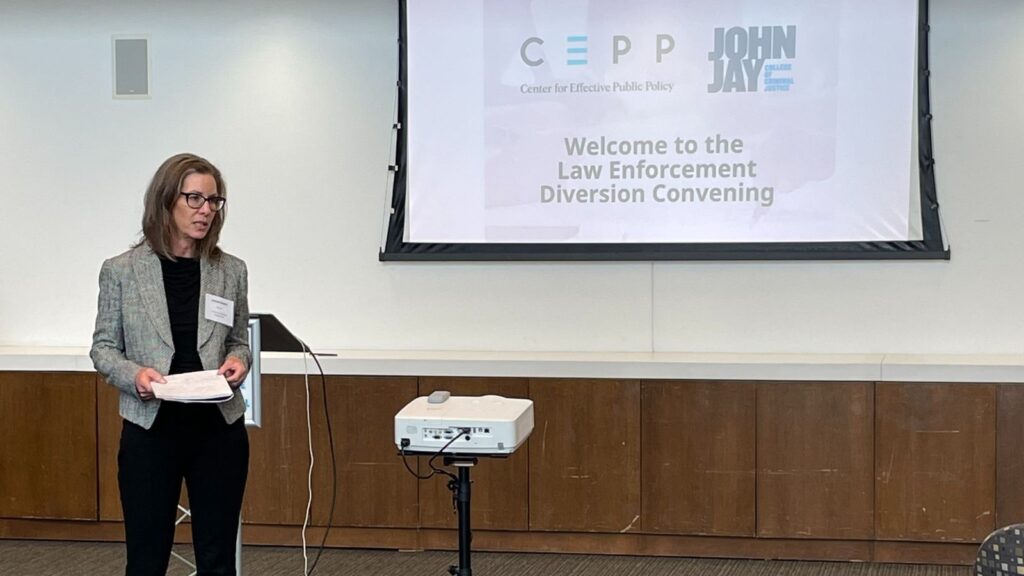Project
Support to CSG Justice Reinvestment Sites

Overview
CEPP worked with the Council of State Governments (CSG) Justice Center to support its Justice Reinvestment work in Kansas—helping implement new legislation regarding concurrent supervision, reviewing standard conditions of supervision to incorporate in future legislation, and delivering evidence-based training to Kansas parole board members.
Our Approach
Community supervision in Kansas is composed of three agencies: Court Services, Community Corrections, and the Kansas Department of Corrections. The trifurcated supervision system creates a dynamic where a person with multiple court cases can be on supervision with one, two, or all three agencies simultaneously, causing multiple challenges such as inconsistent communication, duplication of assessments, unnecessary drug and alcohol testing, conflicting conditions of supervision, and more.
The Kansas State Legislature passed new legislation to begin to address some of the challenges faced with a multi-agency delivery system, forming the Kansas Criminal Justice Reform Commission. Various subcommittees worked on issues related to sentencing guidelines, diversion, supervision practices, and more to improve outcomes for the people of Kansas. CSG Justice Center found that to promote success for people who are justice-involved and practitioners alike, conditions of supervision should encompass three broad considerations:
- Are they realistic? Realistic conditions allow someone on probation or parole to meet the conditions and avoid unnecessary technical violations.
- Are they relevant? Conditions should be tailored to a person’s illegal behavior and identified criminogenic risk and needs.
- Are they research-supported? Conditions should help maintain protective factors and disrupt illegal patterns. Programs and services the person is provided should be evidence-based.
CSG Justice Center asked CEPP to assist with this work and:
- Create agendas, facilitate meetings, conduct research, and offer guidance to the policy team and CSG staff
- Manage and facilitate a supervision work group
- Train Kansas parole board members on the techniques, processes, tools, and tips that, when implemented properly, lead to effective and continuous quality improvement
A set of recommendations for action and proposals for continued work were introduced to the Kansas Criminal Justice Reform Commission.
The Impact
CEPP and CSG’s work in Kansas resulted in new opportunities for the three delivery systems to collaborate on how best to provide concurrent supervision, identify standard conditions of supervision that might be most effective, and consider other ways these three agencies might collaborate on additional criminal justice policies. Through collaboration and the use of research-informed or evidence-based practices, justice systems can work to increase the likelihood of success for people on supervision and reduce harm in their communities.
Related Projects
CEPP Justice Policy ...
CEPP seeks to ensure that currently and formerly incarcerated people have opportunities to apply their lived experience, collective skills, and intell...
A Case Study on the ...
The Center for Effective Public Policy (CEPP) convened a small group of criminal justice leaders to examine strategies for adopting evidence-based too...





